Table of Contents

Top 10 Hardest Exams in India
India is very famous for its hard study and competitive exams, be it academics, government jobs exams or professional career. Indian exams require a lot of preparation and patience. In this blog we will explore top 10 toughest exams in India. We will know their selection rate, level of difficulty, frequency, mode of exam and purpose.
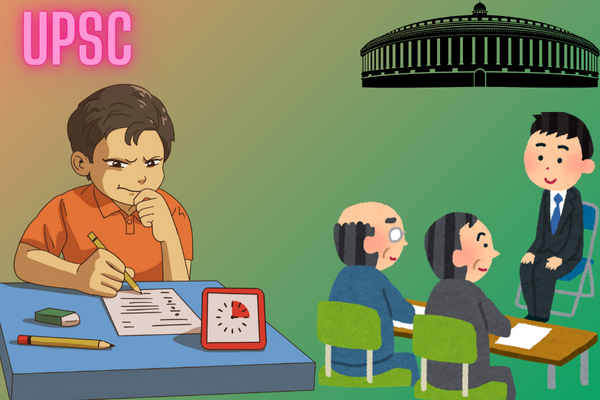
1. UPSC Civil Services Examination (CSE)
UPSC CSE exam is considered the toughest exam because of its vast syllabus, multi-stage preparation and challenging interview process. This exam helps you to serve the Indian civil services.
| BASIC QUERIES | ANSWERS |
|---|---|
Selection Rate | Less than 1% |
Level of Exam | Extremely high, testing intellectual, analytical, and general awareness skills. |
Frequency of Exam: | AnnuallyMode of Exam |
Duration of Exam: | Prelims (2 papers, 2 hours each), Mains (9 papers over 5-7 days), Interview (30-45 minutes) |
Purpose of Exam | To recruit candidates for prestigious positions like IAS, IPS, and IFS. |
Official site |
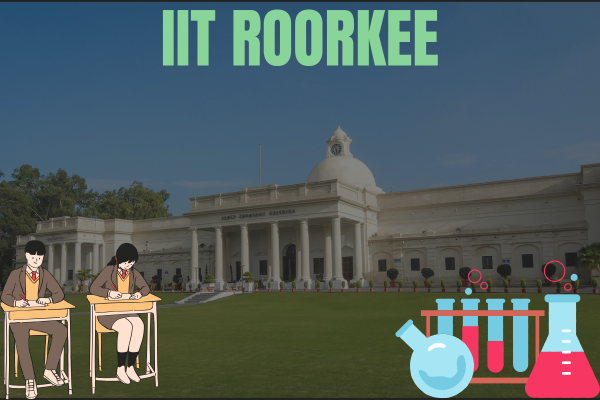
2. JOINT ENTERANCE EXAMINATION ADVANCE(JEE)
JEE Advanced is a very important exam for aspiring engineers. It is not just a test of knowledge but also tests your ability to apply concepts under time pressure.
| BASIC QUERIES | ANSWERS |
|---|---|
Selection Rate | Around 1-2% |
Level of Exam | Very high, requiring expertise in Physics, Chemistry, and Mathematics. |
Frequency of Exam: | Annually |
Duration of Exam: | 6 hours (2 papers, 3 hours each) |
Purpose of Exam | Admission to IITs and other top engineering institutions. |
Official Site |
3. NEET (National Eligibility cum Entrance Test)
NEET is the entrance gate for those children who want to go to the top medical colleges in India. Its complex syllabus and competition makes it one of the toughest exams in India.
click here for check out : How To Crack NEE In The First Attempt
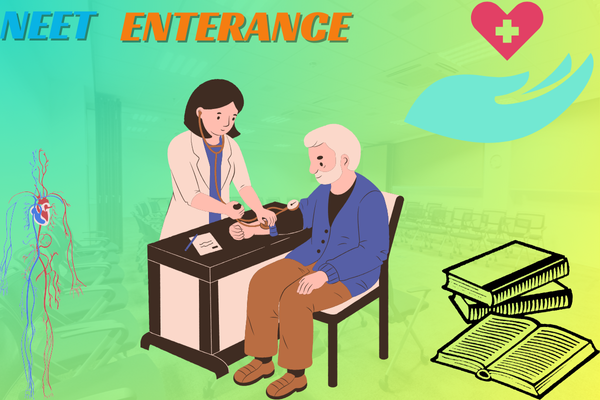
| BASIC QUERIES | ANSWERS |
|---|---|
Selection Rate | The selection rate varies annually. Typically, around 10-15% of candidates are selected based on cutoff ranks. |
Level of Exam | Undergraduate (UG) entrance exam for admission to MBBS, BDS, and other medical courses. |
Frequency of Exam | Annually |
Duration of Exam | 3 hours |
Purpose of Exam | To determine eligibility for admission to MBBS, BDS, and other medical courses in government and private medical colleges across India. |
Official site |
4. Graduate Aptitude Test in Engineering (GATE)
GATE is must for graduates who aspire to specialize further and secure a position in PSUs; due to its technical depth, only the best candidates qualify.

| BASIC QUERIES | ANSWERS |
|---|---|
Selection Rate | 15-20% (varies by stream) |
Level of Exam | High, testing undergraduate engineering concepts. |
Frequency of Exam | Annually |
Duration of Exam | 3 hours |
Purpose of Exam | For postgraduate admissions and public sector job recruitments |
Official Site |
5. Common Admission Test (CAT)
CAT is a management entrance examination which qualifies candidates who are analytically strong and have problem-solving skills, which are very crucial for business management.

| BASIC QUERIES | ANSWERS |
|---|---|
Selection Rate | 2-3% |
Level of Exam | High, testing Quantitative Aptitude, Logical Reasoning, and Verbal Ability. |
Frequency of Exam | Annually |
Duration of Exam | 32hours |
Purpose of Exam | Admission to top B-schools like IIMs. |
Official Site |
6. Chartered Accountancy (CA) Exam
The exam is famous for its difficulty level. For this, Financial, Tax, Audit Principles it is a Golden Gate for aspiring students.
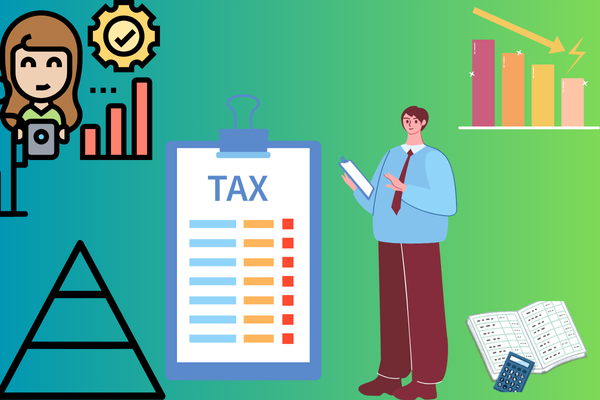
| BASIC QUERIES | ANSWERS |
|---|---|
Selection Rate | Less than 5% |
Level of Exam | Very high, with multiple stages including CA Foundation, Intermediate, and Final. |
Frequency of Exam | Biannually |
Duration of Exam | Varies by stage; CA Final spans 16 days. |
Purpose of Exam | To qualify as a Chartered Accountant. |
Official Site |
7. AIIMS Entrance Exam (Now under NEET)
AIIMS admission is now through NEET along with being a part of AIIMS examination which was an independent exam in the past
| BASIC QUERIES | ANSWERS |
|---|---|
Selection Rate | Approximately 1% |
Level of Exam | High, requiring strong command over medical subjects. |
Frequency of Exam | Annually (integrated with NEET) |
Duration of Exam | 3 hours 20 minutes |
Purpose of Exam | Admission to AIIMS, India’s premier medical institute. |
Official site |
8. National Defence Academy (NDA) Exam
The NDA exam is not only about the academics but also it is a collectively evaluation of a candidate’s physical fitness, mental toughness and leadership potential
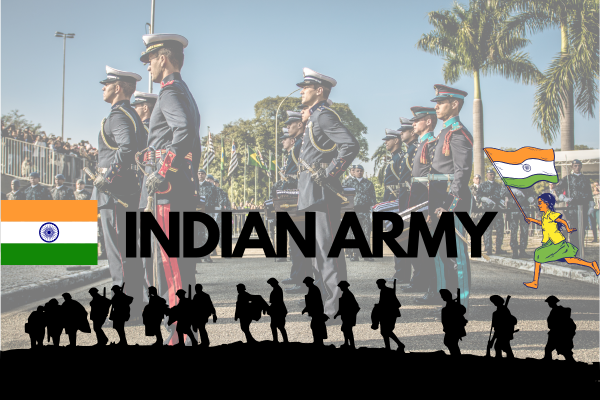
| BASIC QUERIES | ANSWERS |
|---|---|
Selection Rate | Around 1-2% |
Level of Exam | High, with a written exam and rigorous physical and medical tests. |
Frequency of Exam | Twice a year |
Duration of Exam | 5 hours (2 papers, 2.5 hours each) |
Purpose of Exam | Entry to the Army, Navy, and Air Force wings of the NDA. |
Official Site | https://upsc.gov.in |
9. CLAT (Common Law Admission Test)
CLAT is a competitive exam which test the legal aptitude and critical thinking skills lighten the way for legal professionals to join India’s top law colleges

| BASIC QUERIES | ANSWERS |
|---|---|
Selection Rate | 3-4% |
Level of Exam | High, testing English, Current Affairs, Legal Reasoning, and Logical Skills. |
Frequency of Exam | Annually |
Duration of Exam | 2 hours |
Purpose of Exam | Admission to prestigious National Law Universities (NLUs). |
Official Site |
10. Indian Engineering Services (IES) Exam

IES is a prestigious exam for engineers, combining technical skills with general knowledge to identify future government sector leaders.
| BASIC QUERIES | ANSWERS |
|---|---|
Selection Rate | Less than 1% |
Level of Exam | Very high, covering engineering concepts and general studies. |
Frequency of Exam | Annually |
Duration of Exam | Prelims (5 hours), Mains (6 hours), Interview (30-45 minutes) |
Purpose of Exam | Recruitment to engineering positions in government departments. |
Official Site | https://upsc.gov.in |
Conclusion:
To summarize, the challenges presented by civil services and engineering examinations demonstrate the immense competitiveness entrenched in the Indian education system. There are many challenging exams like UPSC and Indian Engineering Services, which allows the Indian students a conducive environment to flourish, however, those coming from a weak background have to put in exceptional effort. These aforementioned examinations are not only intellectually driven but determine one’s work ethic. If the dream is to become a doctor, engineer, lawyer or a government employee, studying will have to commence early. The examination sets its own standard for success and those willing to undertake the proactive approach will always come out on top, details from such preparation lose nuance once the examinations end.
